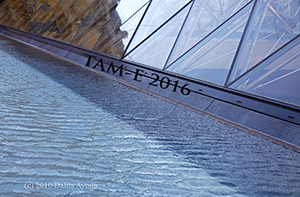The most complex evidential systems are attested in three regions of the World: in Amazonia, among the Tucanoan and Nambikwaran language families; in Papua New Guinea, among the East Kutubuan languages (Aikhenvald, 2004, Guentchéva & Landaburu 2007); and on the Tibetan Plateau and in the Himalayas among the Tibetic languages (Tournadre, forthcoming). The Tibetic languages are derived from Old Tibetan and are of great interest for the typology of evidentiality since Tibetan texts provide a scientific view of evidentiality and its grammaticalization over a period of at least 1200 years, which is exceptional in the World languages. The definition of evidentiality proposed here is the representation of source and access to information according to the speaker's perspective and strategy (Tournadre and LaPolla, 2014). As we will see, the notion of access to information has not received sufficient attention and is crucial for the understanding of evidentiality. A close connection between evidentiality and epistemicity has been noted in a lot of studies, yet some authors (e.g. Aikhenvald 2004, de Haan 1999) insist on maintaining a clear-cut distinction between epistemic and evidential markers. We will see that evidential and epistemic markers are sometimes fused together in some Tibetic languages and form a single paradigm historically made up of the same lexical source forms. Thus, at least in the case of the Tibetic languages it is convenient to speak of Evidential/Epistemic systems (E/E systems). They essentially convey three types of grammatical information: Evidentiality, Epistemicity and Specific speech acts. The core (macro) categories of evidential and epistemic found in the Tibetic verb systems are: Sensory, Inferential, Factual or ‘Certificative', Quotative and Epistemic. Finally, another goal of this talk is to explore the relationship between tense-aspect and evidentiality.

 PDF version
PDF version
